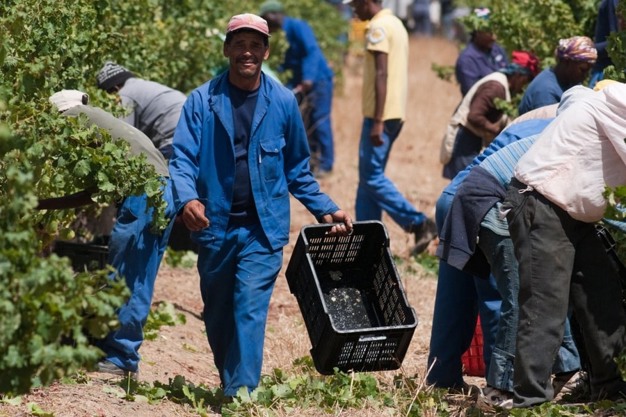The European Union has formulated a strategic roadmap aimed at tackling climate change, known as the 'Green Deal'. This initiative, with its 'farm to fork' ambition, seeks climate neutrality by 2050, emphasizing the reduction of agricultural chemicals and addressing climate change issues. The Bureau for Food and Agriculture Policy (BFAP) highlights a 'mirror clause' within this strategy that affects non-EU countries, including South Africa, by requiring them to comply with similar production and input use constraints as those imposed on EU farmers.

The precise impact of this policy shift on South Africa's agricultural sector remains uncertain, as per BFAP's analysis. South Africa's agriculture employs over 930,000 individuals across approximately 100,000 farms, positioning it as a key employment sector. The BFAP's research indicates that the EU's policy shift could potentially impact several key agricultural exports from South Africa, including Maize, Pome Fruit, Table Grapes, and Citrus, with varying consequences for each sector.
Regarding exports, the impact varies by crop. Maize, for instance, might face minimal impact, potentially opening new opportunities for farmers to align with EU standards, albeit at higher costs. Conversely, Pome Fruits and Table Grapes, heavily reliant on the EU market, might incur higher costs to comply with the new regulations, risking market share loss. The Citrus sector, a significant export commodity to the EU, might see benefits from higher prices due to lower yields, as a result of stricter regulations.
The adaptation to meet the EU's new regulations could lead to reduced crop sizes across the board, as highlighted by BFAP. This adjustment might be more viable than maintaining production levels but selling at lower prices in alternative markets. For example, a reduction in table grape production could result in a 15% sector hit, compared to a -38% hit from lower sale prices in non-EU markets.
Job losses are a potential consequence of the reduced crop sizes necessary to comply with EU regulations. The BFAP warns that jobs linked to farm area and volume could decline, especially in sectors like Pome Fruits and Table Grapes, which are significant employers of both permanent and seasonal labor.
BFAP emphasizes the reality of the EU's pesticide clampdown and calls for a collective effort to maintain South Africa's status as a major supplier to the region. This includes proactive measures at the farm level, as well as support from industry bodies, crop protection agents, and agricultural chemical companies. The industry must prepare for restrictions and bans that could negatively affect production margins.
Source: Business Tech










